Curtis Richa is a songwriter, producer and vocalist who has worked with Hardwell to Tiësto, David Guetta, Craig David, Rihanna, LL Cool J and Jennifer Lopez. He is responsible for having written and/or produced albums that have sold in the excess of 28 million records worldwide and won multiple awards for his work..
I'd like to start by asking you to compare your life when you were working a steady job on Wall Street versus your creative endeavors now. What advice and guidance would you give to prospective college students who also have a penchant for singing, songwriting, and producing based on your own, in-depth experiences in both worlds?
Great question. I honestly did not plan on entering the music industry. I received my Bachelors of Arts Degree in Journalism and Labor Studies from Rutgers University. My initial work experience in the securities industry inadvertently helped me to deal with the "Music Industry." The experience of dealing with deadlines, administration, contracts and high-pressured situations provided a great foundation for me. With that being said, nothing beats the combination of education and experience. My education set the foundation for how I approached the music industry as I was able to identify my professional position immediately in the business. My advice to those seeking to get into the business is research, study, and master your craft before you pursue it professionally. The reason for this is you want to identify what your purpose is before you waste time and money in areas you don't belong. Knowing what your passion is great but honing what you will do will ignite your passion much further.
Thank you for the acknowledgement of my work beyond the English language. My work in both JPOP, KPOP, Mandopop and Cantopop arose out of a desire to go beyond and tackle every genre of music that I could. I started my journey in 2006 with JPOP singers, Crystal Kay and Kumi Koda. My record with Kumi ("Cherry Girl") that I composed and produced with the Charlene "Charlie Vox" Gilliam, Andreao "Fanatic" Heard and Sherrod Barnes would go on to chart #2 on the Oricon Chart and the respective album ("Black Cherry") sold close to 3 million copies in Japan and Worldwide as well be used in threw major commercials. That record became an eye opener for me and helped me to see that business of international music was very lucrative in Asia. They still purchase physical singles and CDs in Japan and Korea. From a royalty standpoint, a composer, arranger or producer can make great revenue from their mechanical royalties as well as their performance royalties.
Another example is my KPOP hit "MOVE" by Taemin. When Adien Lewis, Angelique Cinelu and myself composed and arranged this song, we had no idea of the long lasting impact of the record which still going strong almost two years after it's initial release! So my advice to all creators: seek opportunities for the entire globe, not just one or two markets. Success can be achieved outside of your local market. Walk us through the process of creating your new sample pack with vocal.kitchen! How was this process different than making your other tracks and what lessons did you learn from the whole experience?
Browsing through Instagram, it's not uncommon to find producers giving behind the scenes looks of the making of their tracks. But one thing I don't see a lot of is the writers rooms for making the lyrics behind some of the biggest hits. Give us a rundown on what it's like to work with others to create a single, cohesive track.
This is a funny question that I can easily answer. Generally, songwriters and composers don't like to show their process in creating a song unless it's in a tutorial or a retrospective situation. The reason for this is we all have different techniques that we want to remain sacred to us and anonymous to others. When I work with others, my first goal is to identify the concept we all want to work on. Then, we shape the melody and lyrics till we have completed the full composition. Lastly, we move the recording process and vocal arrangement then produce the topline and make it into a record. That is a cliff notes version of my process. (Laughs) On that note, there's always the issue of credit versus creativity when it comes to songwriting and pop stars. Especially in this day and age when someone could be listening to a playlist on Spotify and never look at their phone once to see who made the song, how do you feel about crediting practices in the pop and EDM scenes respectively? I am old school. I come from an era where credit were considered like "currency" and were a part of your resume. It is the backbone to your career from start to finish. I remember reading my credits in Billboard early in my career and it was proof of your involvement in the record you helped to create. With the advancement of technology, credits became unimportant and omitted from the database on Spotify, Apple Music and iTunes. Tidal was the first to include the songwriter and production credits. Apple Music and Spotify then followed suit. Pop music handles credits much better than EDM which has trouble crediting the featuring vocalists and songwriters which baffles me. I think Billboard Magazine needs to go back to their older format where you could see all the credits for each song. In a nutshell, credits are everything!!! What have been some of the most memorable creative experiences you've had while working in the music industry? I have three! The beginning is always the most memorable. I would have to say my first hit record with Jennifer Lopez and LL Cool J entitled "All I Have" was my first big moment in the "Music Industry." I composed the topline with Makeba Riddick-Woods. The song charted at #1 on the Billboard Hot 100 Charts for four weeks sixteen years ago. That moment changed the course of my career and I am grateful for the experience.
Looking forward to the rest of 2019 and beyond, what do you hope to accomplish next and what legacy do you want to leave behind?
For the rest of 2019 and beyond, I will move more behind the scenes. I have a few projects I am currently developing that I cannot wait for the world to see and hear, so stay tuned! I will also continue to teach and educate the next generation about the music industry as I develop programs to help those who desire the knowledge of the business. I have quite a few compositions also as features coming out in the latter part 2019. I will also be developing for an inspirational time to be complete in 2020 to encourage others to pursue their dreams. As for my legacy, I want it to be that I was great at my craft and that I paid it forward. Everything that I learned I want to pass it down to the next generation as it's important to disseminate information. My legacy is more about how it has impacted others than any sort of personal glory ascribed to myself. OTHER INTERVIEWSChris W. LaoWriter, DJ, and Student
0 Comments
Leave a Reply. |
Interviews:Adventure Club
Axollo B3RROR Birthdayy Partyy Cat Dealers Chad Kowal Chester Young Chocolate Puma Conor Ross Corx D'Angello & Francis Dannic Damien N-Drix Debris Declain Dirty Ducks DJ Brooklyn Drop Department Fabian Mazur Folded Dragons Foxa Herobust High 'n' Rich Husman Ibranovski Jex Jordyn Jimmy Clash Jonth Jordan Jay Justin Mylo KAAZE Kage Kompany Krimsonn Kris Kiss Leah Culver Loca Recordings Loris Cimino DJ Luane de Lima Luca Schreiner Lucille Croft Maddix Magnificence Marauda Maurice West Merzo Micah Martin DJ Natalia Moon NEVERGLOW Nino Lucarelli Olly James OUTRAGE Pessto Peter Rijpkema Pharien Protohype Retrovision Riot Ten Roy Orion RudeLies SaberZ Salvo Sativ Records Seth Hills Sophie Francis Steven Vegas Stisema Sunday Noise SWACQ Syzz TBR Teminite TNO Todd Helder Tom & Jame Tom Wilson Tommy Jayden Triple M TV Noise Valy Mo Wasback Yuki-San Zubah 9lives Tags
All
Archives
October 2021
|
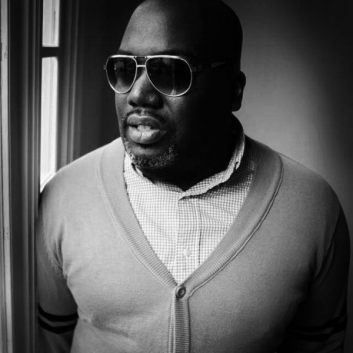
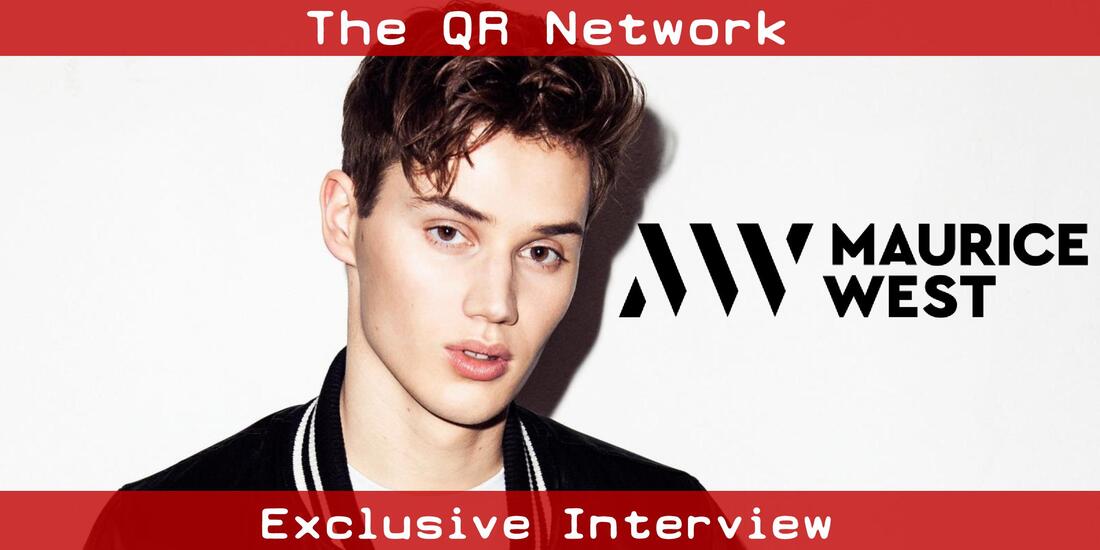
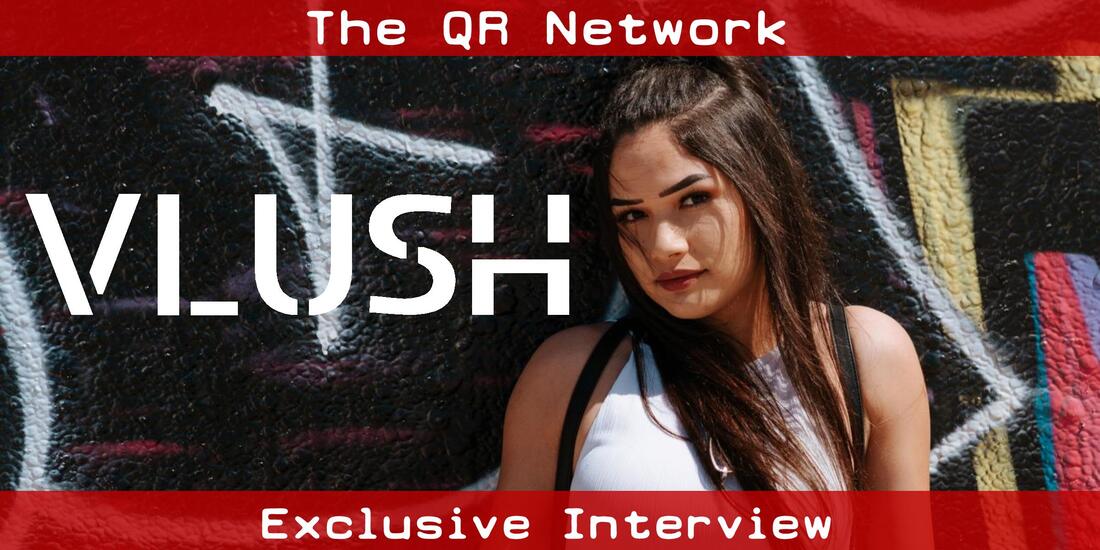
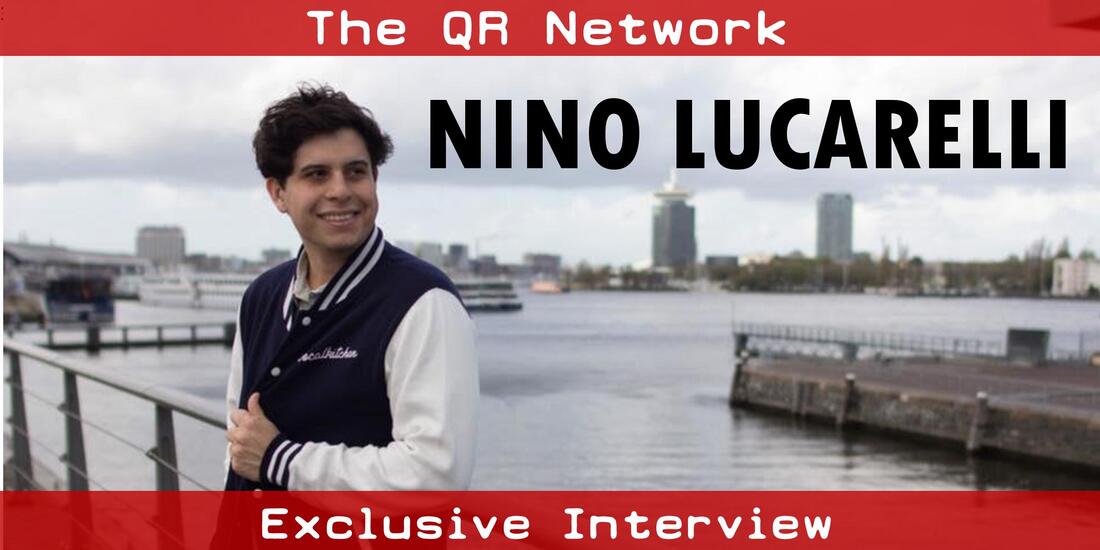
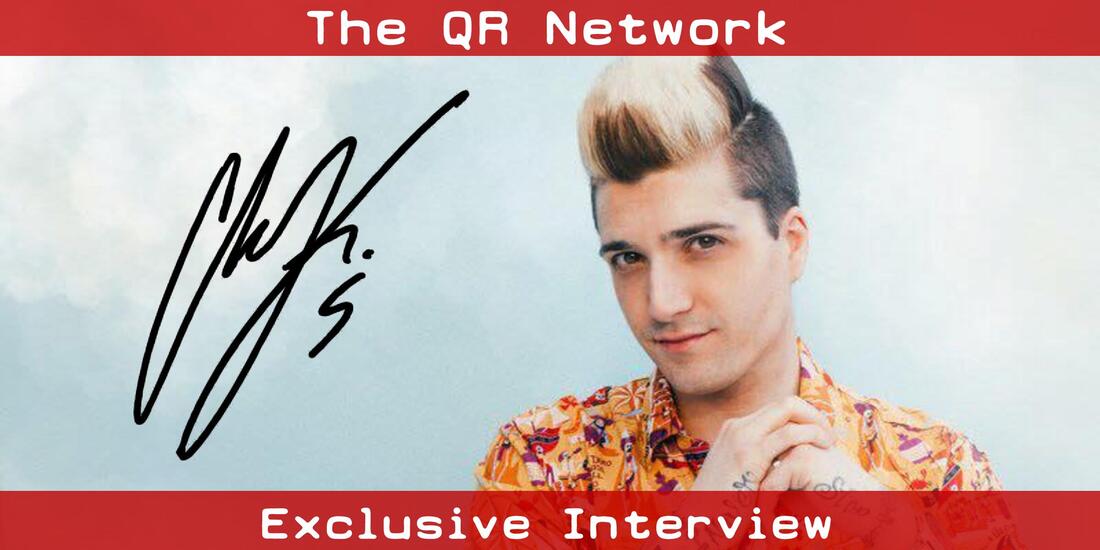
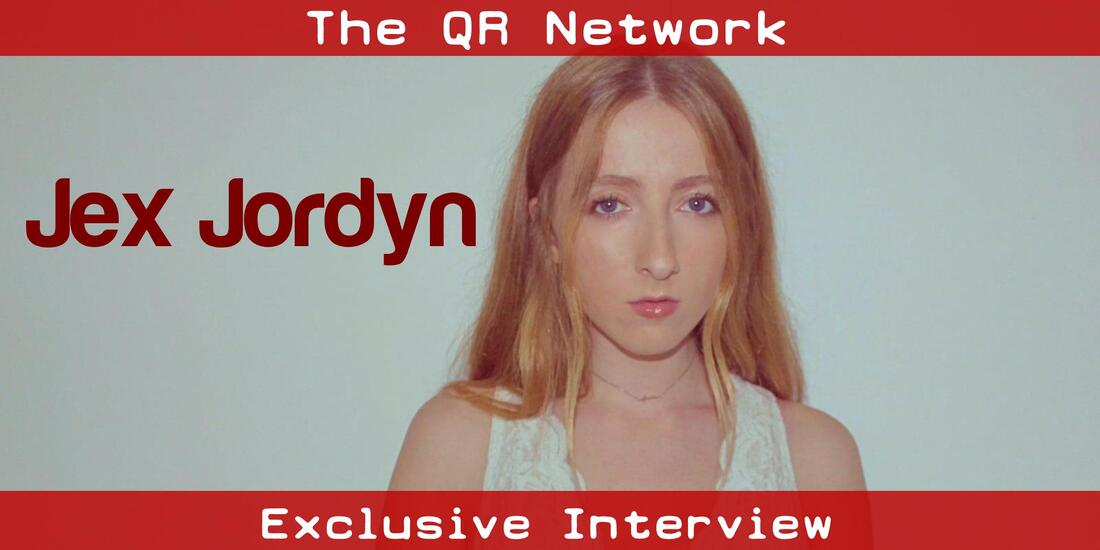
 RSS Feed
RSS Feed